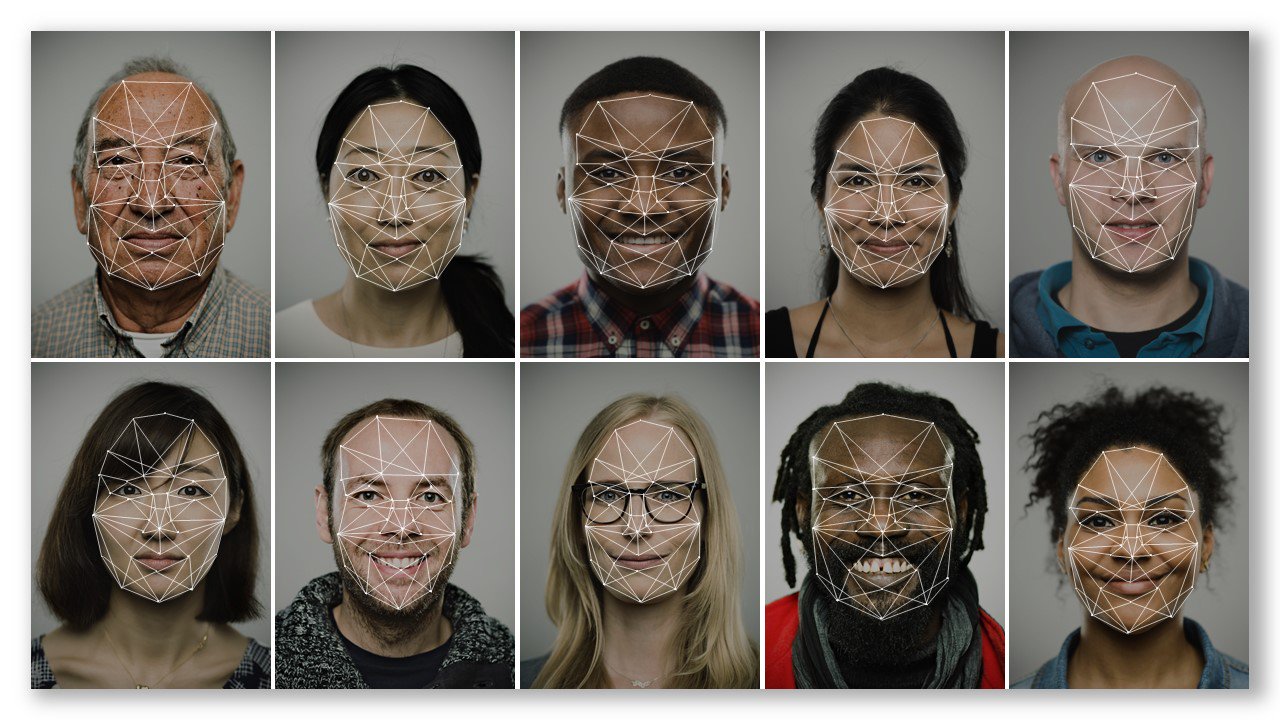Microsoft touts recommendations for facial recognition tech legislation
Microsoft President Brad Smith said governments and businesses should work together to prevent the technology being misused


Sign up today and you will receive a free copy of our Future Focus 2025 report - the leading guidance on AI, cybersecurity and other IT challenges as per 700+ senior executives
You are now subscribed
Your newsletter sign-up was successful
Microsoft president Brad Smith has called for the government to create legislation around the use of facial recognition technologies to protect the privacy of citizens.
Smith discussed the issue with the Brookings Institution in Washington, DC and then followed up with a blog post, calling for action to be taken to protect the privacy and democratic rights of civilians.
He spoke of the benefits facial recognition technologies bring to society, but also highlights that it's open to abuse and called for greater research into the technology.
"In the ensuing months, we've been pursuing these issues further, talking with technologists, companies, civil society groups, academics and public officials around the world," Smith said. "We've learned more and tested new ideas. Based on this work, we believe it's important to move beyond study and discussion. The time for action has arrived."
He said that in 2019, governments must adopt laws to regulate how and where facial recognition can be used. If action is not taken now, there's the risk that it will have become so mainstream in five years that there will be no going back.
"In particular, we don't believe that the world will be best served by a commercial race to the bottom, with tech companies forced to choose between social responsibility and market success, " Smith commented. "We believe that the only way to protect against this race to the bottom is to build a floor of responsibility that supports healthy market competition."
For this to work, companies must be governed by law that allows for business growth while considering the public good.
Sign up today and you will receive a free copy of our Future Focus 2025 report - the leading guidance on AI, cybersecurity and other IT challenges as per 700+ senior executives
Smith also urged other tech firms to take proactive action and create their own safeguards rather than waiting for governments to release relevant legislation.
The company has set a precedent by coming up with six principles to manage the use of facial recognition across industry, with plans to implement them by the end of next year.
"Governments and the tech sector both play a vital role in ensuring that facial recognition technology creates broad societal benefits while curbing the risk of abuse," Smith added. "While many of the issues are becoming increasingly clear, the technology is young. We need to tackle the initial questions now and learn as we go, developing more knowledge and expertise as the technology evolves and public sector experience deepens."

Clare is the founder of Blue Cactus Digital, a digital marketing company that helps ethical and sustainability-focused businesses grow their customer base.
Prior to becoming a marketer, Clare was a journalist, working at a range of mobile device-focused outlets including Know Your Mobile before moving into freelance life.
As a freelance writer, she drew on her expertise in mobility to write features and guides for ITPro, as well as regularly writing news stories on a wide range of topics.
-
 The CEO's guide to generative AI: A new frontier for the future of work
The CEO's guide to generative AI: A new frontier for the future of workWhitepaper Make people, not technology, central to your generative AI strategy
-
 Facebook and TUM create joint AI ethics research centre
Facebook and TUM create joint AI ethics research centreNews The social network will contribute $7.5 million to the centre over a period of five years
-
 A day in the life of a smart city dweller
A day in the life of a smart city dwellerSponsored How a truly connected life could spell the end of traffic jams, potholes and the weekly shop
-
 China’s AI research still behind the west, but not for long
China’s AI research still behind the west, but not for longNews Government investment has led to a 150% increase in Chinese AI papers since 2007
-
 “Treasure trove” of 66m records suggests LinkedIn data scraping
“Treasure trove” of 66m records suggests LinkedIn data scrapingNews Users warned to guard against unsolicited job adverts via email
-
 CIO strategies for moving to a cloud-first business
CIO strategies for moving to a cloud-first businessIn-depth IT leaders describe barriers to adoption, and why on-premise will have a role for many years to come
-
 AI bias must be tackled to avoid it 'unknowingly' harming people
AI bias must be tackled to avoid it 'unknowingly' harming peopleNews Experts warn we must "think about the ethical implications" of AI bias
-
 How open data is driving UK smart city innovation
How open data is driving UK smart city innovationIn-depth Transport for London and local councils explain the importance of keeping data open for everyone

